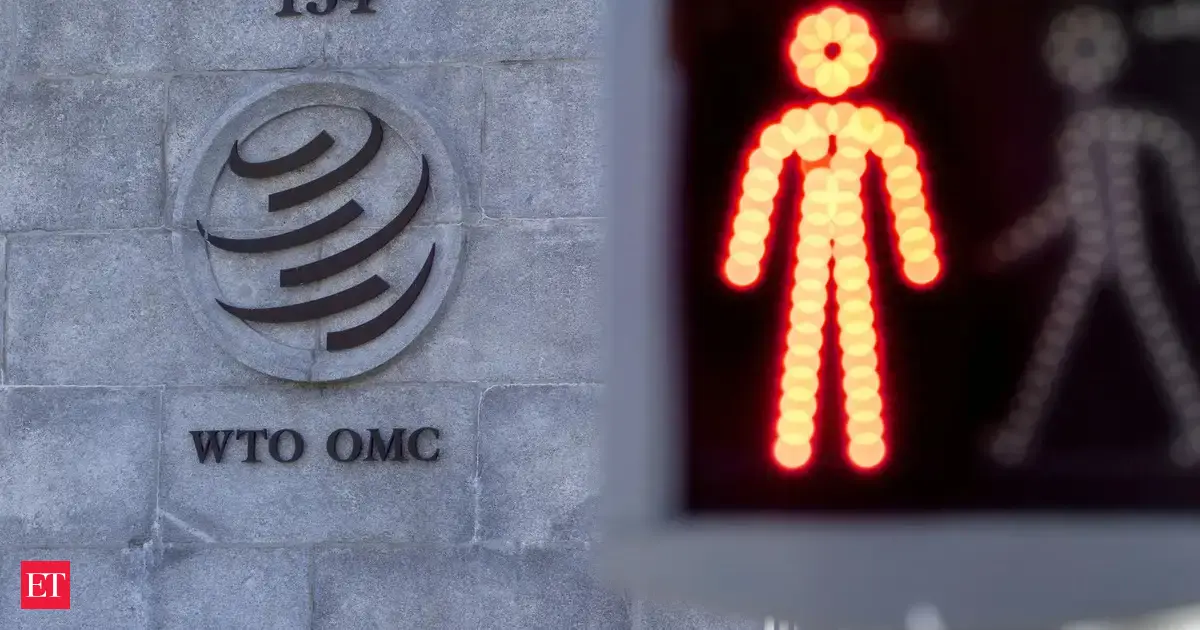Our politicians must do their sums and ignore maths and university investment at Scotland’s peril
By Dame Muffy Calder
Copyright scotsman

When we think of Scotland’s modern economic drivers, we imagine tech start-ups, financial services or frontier energy projects. Rarely – too rarely – do we think of maths. Yet the numbers tell a compelling story. It’s perhaps not surprising that the mathematicians at the Academy for Mathematical Sciences wanted to put a number on how much the discipline contributes to the nation’s finances and economy. But many will be surprised at that number – £36 billion a year. That’s around 19 per cent of Scotland’s entire economy. For every fiver circulating in the Scottish economy, one pound of its value derives from the mathematical sciences. This shows how maths is so much more than schoolbook equations or abstract proofs and theories. Get daily political analysis – subscribe for free to The Steamie Maths is the unseen engine powering Scotland’s economy. We overlook it at our peril. We must recognise its role, celebrate our expertise, and reap the opportunities that are particularly ripe in this age of AI. The mathematical sciences underpin modern life, from the GPS that everyone uses via map apps on their phones, to managing the queues at airport security to get people on holiday more speedily. Maths is key to the cryptography that keeps the nation safe and it is maths that’s used to work out exactly how many tins of beans the warships being built on the Clyde will need on each deployment. Nearly 400,000 Scots are employed in mathematical science jobs in manufacturing, labs, banks, financial and insurance services, tech companies, space ports, and many other places, including educational settings. Expanding that workforce by just 1 per cent could add £360 million to the nation’s wealth annually. These are not abstract sums – they are real, measurable returns on investment. Artificial Intelligence, in particular, offers huge opportunities. Many politicians and leaders in business and academia have warm words on AI, but it is difficult to develop a coherent strategy that demonstrates the joined up thinking necessary to exploit this new technology. Last week’s announcement of billions of pounds of US investment across AI, particularly with the development of a dedicated growth zone just over the Border and taking in Tyneside and Teesside, is very welcome. The hardware – the data centres – is of course necessary to support our increasingly digital lives. But there is huge economic and academic opportunity in AI in leading the way in innovation, taking the next step in curating the data and developing new AI techniques and applications. And that requires cutting edge maths, and a pipeline of mathematical talent. Scotland is well placed to provide this: our universities are producing world-class talent. But without sustained investment in maths departments across Scotland we risk squandering this advantage. The financial challenges facing the entire higher education sector at the moment are well documented. It’s crucial that political and university leaders recognise the need for robust mathematics departments pursuing research, which may generate economic value today, but could also be tomorrow’s breakthrough in generating clean energy or modelling and managing a pandemic for example. Support for university maths is not an academic luxury – it is an economic necessity. Yet this also necessitates a cultural shift. In Scotland, and indeed across the UK, it is still socially acceptable to joke about being bad at maths. It’s profoundly odd that people will claim to be rubbish with numbers, but are unlikely to boast that they struggle with words or reading. Everyone uses maths everyday – from managing household finances to ensuring the chips and the fish fingers finish cooking at the same time (and before the family gets hangry!) We cannot allow this casual dismissal of numeracy to continue. Maths literacy is as fundamental as literacy itself. If we are to nurture the next generation of innovators, analysts and problem-solvers, we must encourage all children and young people to engage confidently with maths: to see its economic value, it’s applications and also to understand it’s beauty. Maths Week Scotland returns tomorrow with a wide-ranging set of events, talks and resources. The chosen theme this year is ‘Wild Maths’. This illustrates how innate the mathematical sciences are. From forecasting storms to the patterns in pine cones and the geometry of the beehive – all are rooted in maths. Maths Week Scotland is a fantastic opportunity to showcase maths. But of course, it’s not enough. This year’s School Leaders Scotland survey found 23.5 per cent of secondary teacher vacancies are in maths – the highest of any subject. At the precise moment we require inspiring teachers with a passion for maths, many young Scots are being denied the opportunity to develop an understanding and affection for the subject. The maths pipeline is clearly faltering in Scotland, and our politicians must understand the stakes. That is why the Academy for the Mathematical Sciences, of which I am a trustee, did the calculations to quantify the mathematical sciences’ contribution to our economy and our wealth. Maths jobs attract higher salaries and record higher productivity. In fact, Scotland’s productivity bonus of 35 per cent in maths jobs is the highest of any of the four nations of the UK. To ignore the evidence the Academy has generated would be short sighted at best and foolish at worst. Strengthening Scotland’s maths pipeline means investing in high-quality STEM education, funding research and supporting university maths departments. It is, simply put, a down payment on our nation’s future. – Professor Dame Muffy Calder is a former chief scientific advisor to the Scottish Government and trustee of the Academy of Mathematical Sciences.



